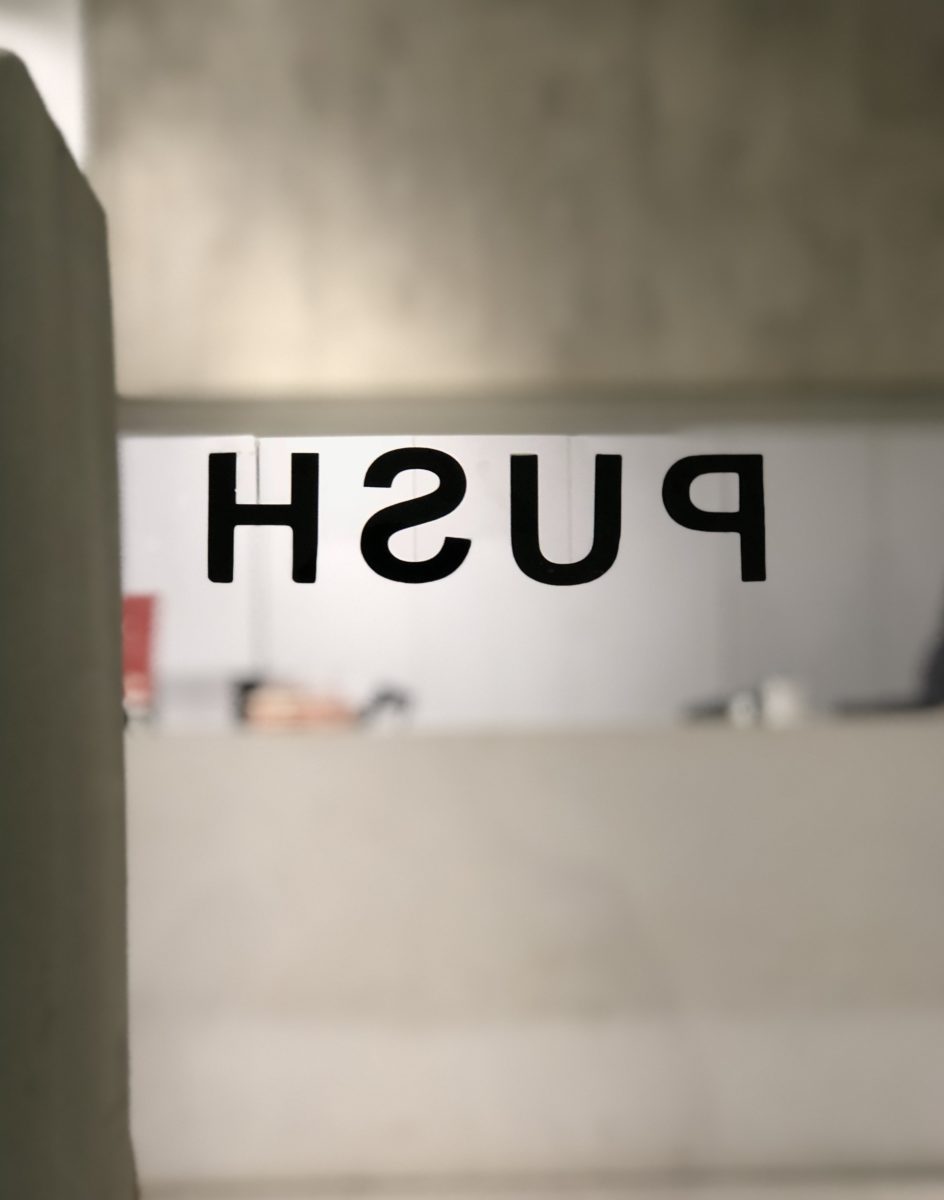1 Peter 5:6 Humble yourselves, therefore, under the mighty hand of God so that at the proper time he may exalt you.
Let’s break it down, shall we?
Peter tells us to “humble yourselves” at the start of this verse. There are three basic sentence structures in the English language: the statement, the question, the command. We know what each sounds like of course. For example, a statement: “Therefore, since we are surrounded by so great a cloud of witnesses, let us throw off….” And a question: “Have you not heard? Do you not know?”
But this one, this one is a command. A simple, clear directive for the reader/listener to DO something. And what does Peter tell us to do? Humble ourselves. I am to humble myself.
Humility is not an easy thing. It’s hard. It’s not fun. It’s the opposite in pretty much every way of the “center-of-everyone’s-attention” position where I usually prefer to reside. But I am told, commanded, ordered by the leader of the apostles himself to “Humble” myself.
Now, I haven’t looked up the word in any concordance or anything at this point. But off the top of my head, humbling myself is a willing surrender. A bowing of the head, an offering of open hands to receive whatever is to come, without attempting to control it, craft it, make it better for myself. It is a position of acceptance, of not being in charge of the decisions or the fallout. It is choosing small-ness, letting go of self-important grandeur.
(Okay, I did look it up after I wrote that paragraph. The word is tapeinoo (5013) – to make low, to assign a lower rank, to abase, to be ranked below others who are honored or rewarded. So yeah…pretty much what I thought.)
So, Peter is telling us to make ourselves low. That I, I am the one, the only one, who is responsible for my position of lowliness. I must choose it. I must accept it. I must make it the place where I live and remain, no matter the temptations to rise again, to retake control, to lift myself up. That is the command.
And I am to humble myself, therefore. Therefore, of course, always refers to what comes just before: God resists the proud but gives grace to the humble (v.5). In light of God’s attitude towards our heart-positions, we must choose, willingly and repeatedly, to be humble. If we want to receive God’s grace in our lives, there is only one position that will warrant it, from God’s perspective. If pride is my underlying mental position, he will resist me. But if I surrender my “rights” and my “place,” I will receive His grace. It is the only way. So, Peter says, do it. Humble myself.
But what struck me most about this verse today is the next phrase. Because the place of our humility is profoundly significant.
When I typically think on humility, the picture is not a pleasant one. Humility means being cast aside, cast down. It means that I have crumbled into a heap of failure and pathetic-ness. In my mind, humility means that I am unseen, ignored, unloved, unattended. I am unused (or at least under-used) and left out. I huddle in the corner, dismissed by the important folks, left out with all the remnants of my plans, and surrounded by the piles of my failures and self-pity like so much soot and ashes.
And it’s no wonder that humility is not a place I actually want to be.
But this verse, this verse describes a very different place for our humility. Not in a corner, unseen and abandoned. But under the mighty hand of God. I am to put myself, not in a garbage heap of my own failures and mistakes, but under the very hand of Almighty God himself.
A hand mighty enough to work miracles.
A hand mighty enough to hand out bread to thousands when only one should have been satisfied.
A hand mighty enough to mold out of nothing the brilliant, creative, amazingly complex beauty of heaven and earth.
A hand mighty enough to protect Daniel from lions, David from giants, and Paul from just about every conceivable trouble, attack and danger.
A hand so mighty that it allowed lowly men to pierce it through with a nail so that God’s magnificent power could be worked out from death into resurrection, first for Him and then for us as well.
Under THAT mighty hand, we are to humble ourselves. Under THAT mighty hand, Peter tells us to bow, to surrender, to lower ourselves and wait.
Not under our circumstances. Not under the criticisms or responses of people. Not under the mundane realities of a thousand days. We are not told to humble ourselves under our failures or our mistakes. We are not called to lower ourselves beneath the stifling yoke of legalism, perfectionism, or God-absent religion.
We are told, by Peter himself, to humble ourselves under the mighty hand of God.
And don’t forget exactly who it is that is speaking to us here. This is Peter, and he KNOWS. He once humbled himself in all the wrong ways. On the darkest night of his life, he failed so miserably that his only conceivable response was to run and hide, sobbing in the dark corner of some (he thought) God-forsaken place. He ran away to wallow in his could-not-have-been-much-worse screw-up. He was a failure. Useless, unseen, forgotten, forgettable.
But that’s not the image Peter has in mind as he writes these words. “Humble yourselves, therefore, under the might hand of God.”
Because Peter understood. Pride leads us to build ourselves up based on our service, our value, our accomplishments, our persona. We base our success on how good we can make ourselves look, on how well we can hide our flaws. But Peter’s flaws had been more than laid bare. Peter’s failures could not have been more public.
And yet…Jesus called him back. “Go tell the disciples AND PETER.” Jesus showed up, met them in a closed room, along a shoreline, on a mountaintop. And Peter, who had been crushed by his humiliation and failure, learned what it truly means to humble himself under the mighty hand of God.
The hand that reached out to Peter on an early morning by the sea and said, “Do you love me, Simon, son of Jonah? Then feed my sheep.”
The hand that, only a few weeks later, poured out a Spirit so profound on this failure of a leader of a ragtag group of scraggly backwoods hicks that he opened his mouth and talked about the Jesus whose hand had saved him and three thousand people came running to stand with Peter under those outstretched (and almighty) hands.
That’s what Peter understood. And that is what he has in mind when he tells us: Humble yourselves, therefore, under the mighty hand of God.
Because he knows that bringing himself low under that hand brought him more than he ever imagined possible. We don’t humble ourselves so that we can revel in poverty. We bow ourselves, with Peter, so that at the proper time he may exalt you.
The hand that covers us like an umbrella when we choose to be humble before Him will, at the exactly right moment, turn to scoop us up in the palm and lift us higher than we ever thought possible. Supported by that same mighty hand that protected us while we bowed low, will lift us like a treasure, cupped in His hand, to accomplish the amazing works that we dreamed to do in our strength and on our own terms and in our own time in our pride-filled state.
And the funny thing is that our position will really look exactly the same: kneeling bowed beneath His mighty hand and kneeling safely in his uplifted, nail-pierced palm. We remain humble and he lifts us up, at just the right moment.
We are not unseen. We are not unused (or under-used). We are not unloved and ignored. He sees us. He intends to use us. He loves and attends our every need. But we cannot grasp for our rights, our needs. We must, just like Peter, accept our need to be humble and let him lift us. We must choose to bow low and wait, trusting that his mighty hand can and will save us, lift us, use us, exalt us, at the proper, perfect time.


